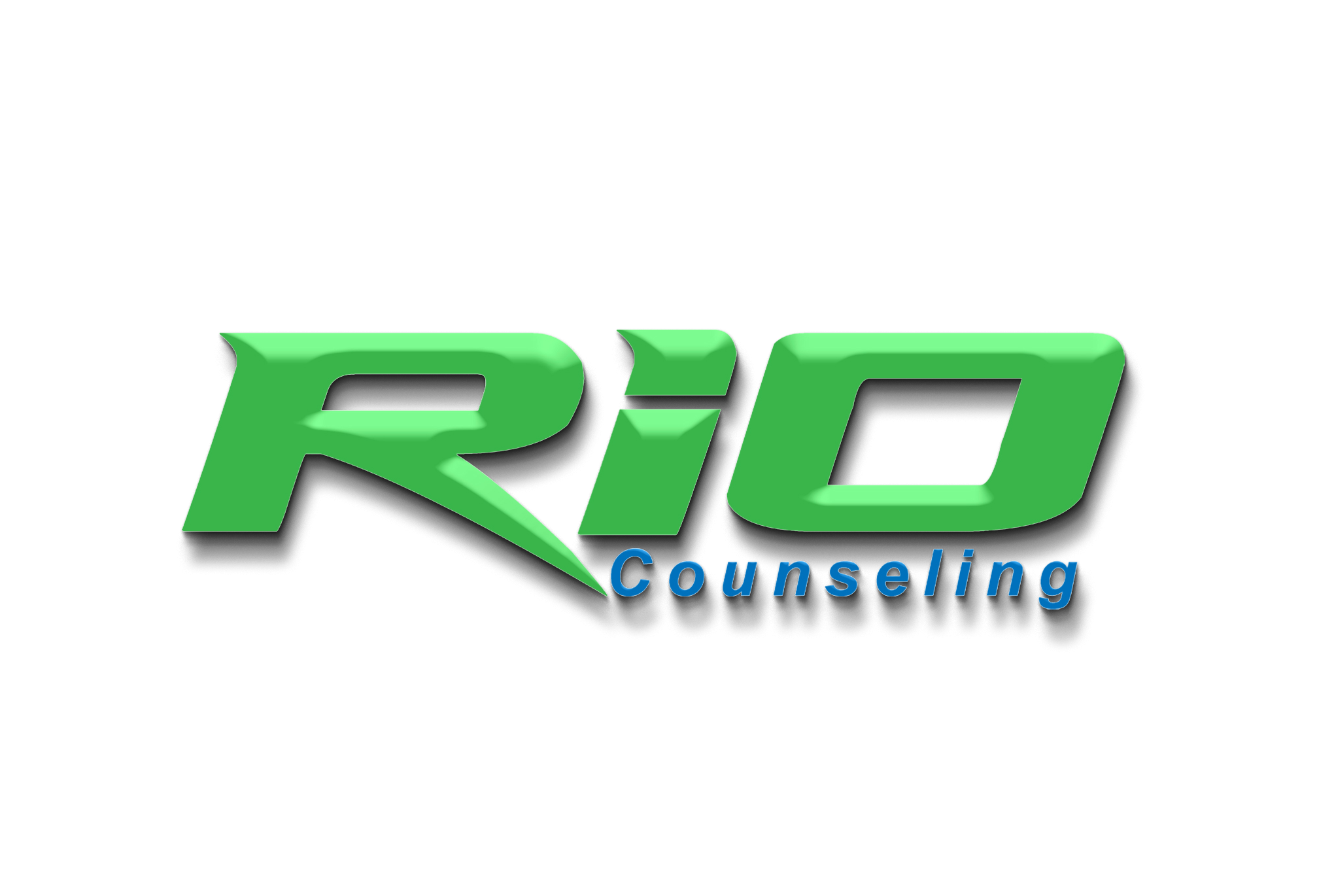 I spent two days this week at a training discussing trauma informed care. I will certainly be writing more on that topic in the weeks to come since I believe trauma is often one of the most important (and often overlooked) factors in treating substance use (and other mental health) disorders. In the course of the training, I came across an idea recommending a focus away from a “treatment” model to a “recovery” model of care.
I spent two days this week at a training discussing trauma informed care. I will certainly be writing more on that topic in the weeks to come since I believe trauma is often one of the most important (and often overlooked) factors in treating substance use (and other mental health) disorders. In the course of the training, I came across an idea recommending a focus away from a “treatment” model to a “recovery” model of care.
I’ve never even considered the words in this context before. My work and language are saturated with the word treatment. I work at a treatment facility. We conduct treatment team meetings. We use manualized treatment approaches and create treatment plans. However, the more I considered the differences, the more I agree with the recommendation.
Treatment has many connotations, some of which are negative. Dictionary definitions include “a method of handling someone” and “the application of remedies”. At a minimum, treatment is something that is done to someone. Instead of focusing on the application of treatment, what if we changed that mindset to one of facilitating recovery? Administering treatment sounds rigid, structured and prescribed. Facilitating recovery sounds much more healing and empowering.
By changing words, the entire spirit of the process changes. Instead of something being done to the client, the person is empowered to recover and heal. In the process of “recovery facilitation”, the professionals are there to guide and help. Contrast that to the role of “treatment” professional, where we attempt to apply whatever particular treatment program we have developed to the person.
Those with a history of trauma have often had enough done to them; I suspect they would benefit from something being done with them and for them. Which system has more respect for the person? Which one empowers the client? Which one is more trauma informed? As always, I’m interested to hear the thoughts and opinions of others on this subject.



One thought on “Words Matter: Treatment and Recovery”
Thought provoking! Thanks for sharing. I agree that healing is the client’s responsibility, and the therapist is a facilitator of this healing. When I worked with substance misusers in Nairobi, I realized that it is essential for the client to understand their role clearly, and they need empowerment to carry this out. The 12 step program confirms this idea. The program works only if the person works it, the responsibility is not out there, but springs from within. I remember that we had more success with clients who came to the treatment facility having internalized the need for healing than with clients who were coerced into treatment either by family, employers, or the hardship of life itself. I believe that this applies to any other form of recovery. One’s role in this process is paramount, and without it, treatment becomes short lived, and it is likely to lead to the dry drunk syndrome.
Comments are closed.